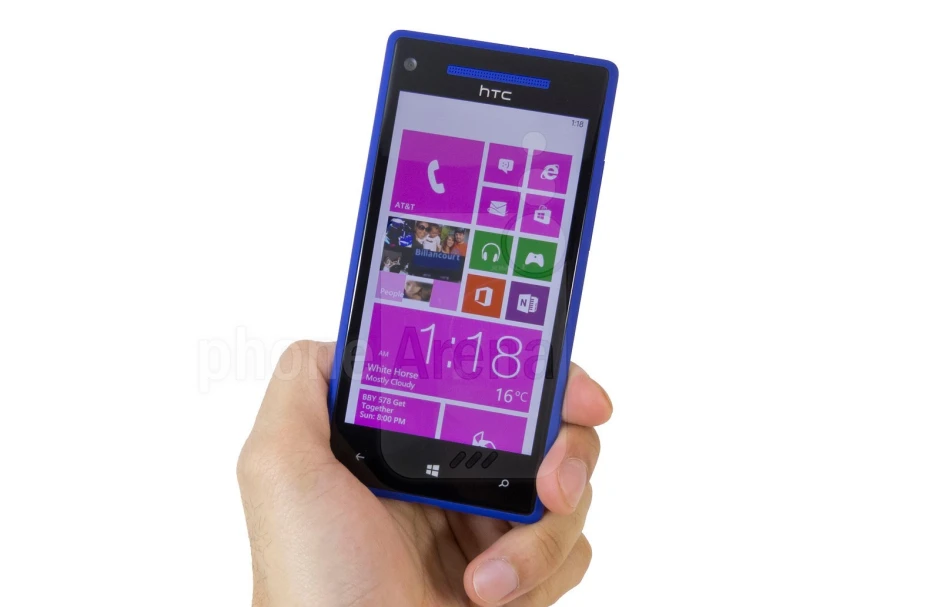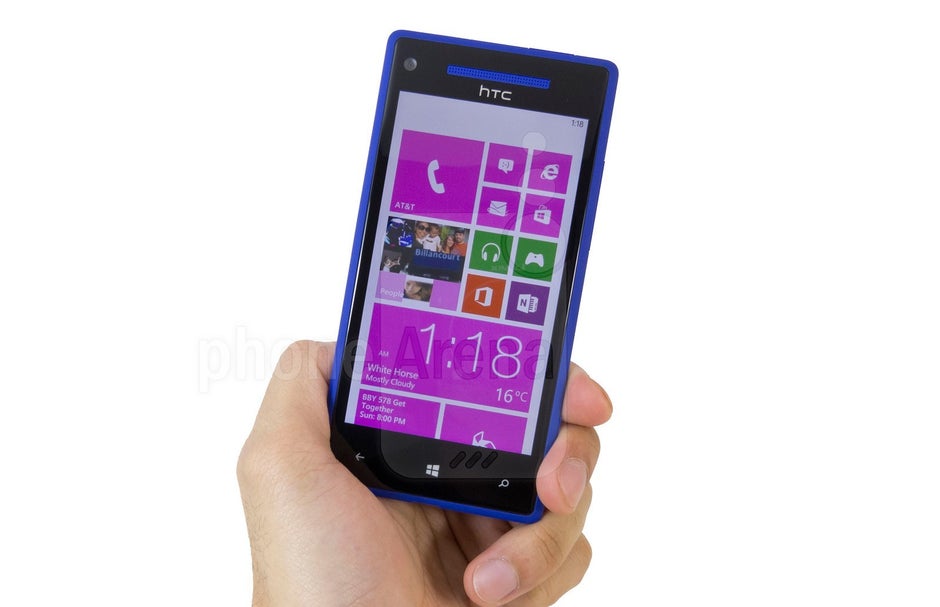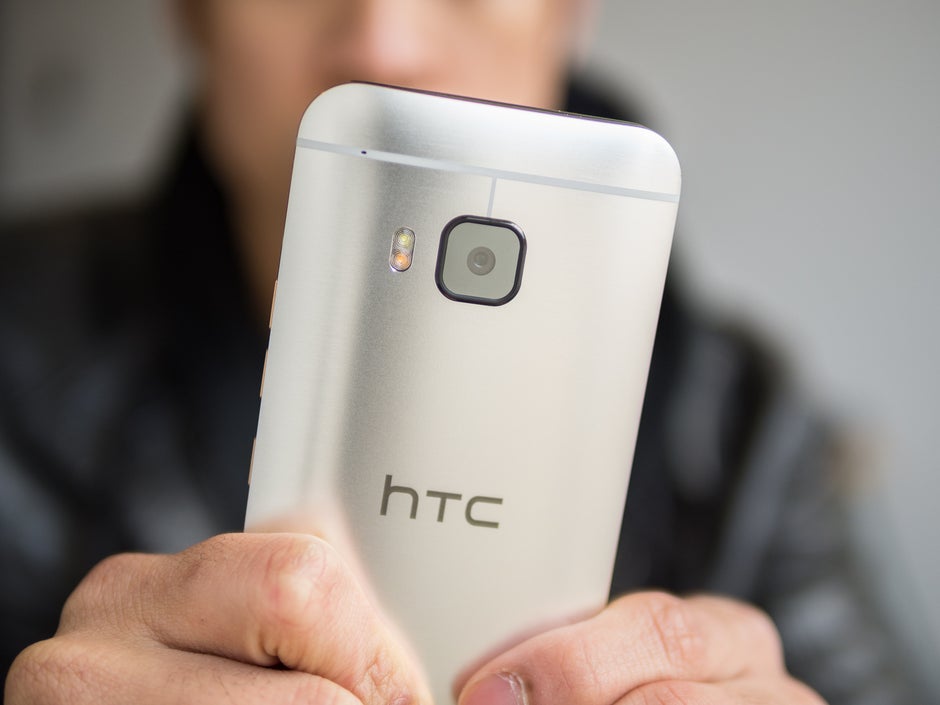
HTC: a pale shadow of its former self
HTC is a name we hear less and less often. It won’t surprise us if some of our younger readers haven’t even seen an HTC smartphone in the flesh. It’s hard to believe then that back in 2011, HTC was the third biggest phone manufacturer by global market share, only behind Samsung and Apple. Around the same time, the company was top dog in the States, holding 24% of the market. HTC’s phones were the go-to Android devices and offered an extremely good price-to-performance ratio.
Sadly, it was all downhill from there. Compared to HTC, LG is a straight-up successful enterprise. HTC’s decline was so drastic, the company’s market share is now measured with a “0.” in front of the number. So, what caused that dreadful collapse? In short, competition, but not without some “help” from HTC itself.
In 2012, HTC’s CEO said the company won’t be making budget phones to preserve its image as a high-quality brand, opting out of high sales numbers. In reality, it probably wouldn’t have achieved high sales even if it tried, as Chinese manufacturers were already taking over the segment. Around the same time, HTC’s executive tied the company to another sinking ship, saying that “HTC is committed to Windows Phone more than ever”.

In 2013, HTC released the flagship HTC One, which became its best-selling phone ever, raising hopes that the company is back on the right track after a couple of years in decline. Despite that record, the sales numbers were far from those of Samsung and Apple. The Galaxy S4 was the main competitor of the HTC One and sold roughly 7 times more units even though HTC’s phone was a fair match specs-wise. The company’s apparent focus on the high end wasn’t panning out as its executives imagined.
Sadly, HTC’s next contender, the One (M8), performed worse on the market than its predecessor (the whole M7, M8 naming scheme probably didn’t help either). One of the main weaknesses of the M8 and other HTC flagships around that time was the camera, performing noticeably worse than those of the competitors.
By that time, HTC’s executives had changed their tune again, saying that the company wasn’t aiming for high sales numbers and beating Samsung and Apple in the high-end segment. Instead, they wanted to deliver good phones to a strong community. You’re probably noticing a pattern here. Turns out HTC’s fanbase wasn’t that strong. The HTC One (M9) (Again with the weird name…) bombed spectacularly, cutting HTC’s market evaluation in half in the process.

HTC had more than Samsung to worry about, however. Chinese manufacturers such as Huawei and Xiaomi were gaining speed fast, gradually moving towards high-end devices and taking large chunks of market shares from the weaker competitors on the way. HTC, being weakened by the poor results over the last few years, was the easiest prey, and there was no mercy.
The quality phones no one cares about
HTC valiantly continued to release new flagships, its latest U12+ being a very decent smartphone. However, people just don’t seem to care about what HTC is doing anymore, and the company’s releases get a minimum amount of attention from the media and consumers alike. This points toward another problem with HTC: the poor management and marketing. If the company is making a good product, it’s up to the marketing team to make it known and convince people it’s worth buying, even more so when attention is fleeing away.
Proof that there was still some value in HTC came in 2017 when Google spent $1.1 billion to acquire part of the company’s research and development department (around 2,000 in total) for its own line of smartphones. HTC’s mobile division saw several reductions in staff over the years, making the executive’s claims of successful 2019 dubious at best.
Probably the most telling sign of how big of a fall HTC experienced is the change in its stock price. Topping at $42 per share in 2011, right now shares go for under $1.30, or about 4% of its former value.
A beacon of light for HTC is its virtual reality headset, the Vive, which has established itself as one of the go-to VR devices. HTC spun off the Vive into a separate company in 2016, likely so it can be pushed away from the sinking ship that is HTC’s mobile division. With that said, 2019 might be the last in which a new HTC sees the light of day.

